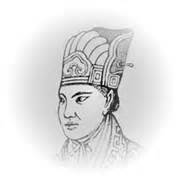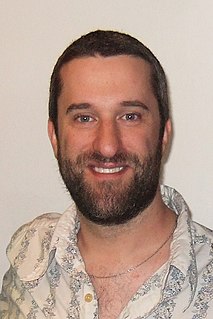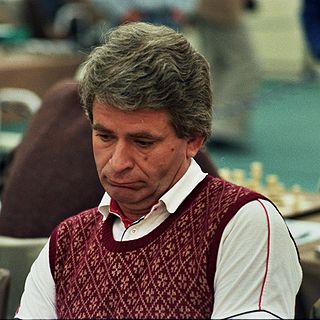A Quote by Garry Kasparov
My life is split in three parts; I don't know the percentage. One could be called "chess" - the Kasparov Chess Foundation, promoting the game, training young players, playing on the internet, sometimes exhibitions. The second area would be "writing" - books, articles, Twitter, Facebook. And then "political activity" - fighting for human rights and democracy, so TV, interviews, speeches.
Quote Topics
Activity
Area
Articles
Books
Chess
Could
Democracy
Exhibitions
Facebook
Fighting
Foundation
Game
Human
Human Rights
Internet
Interviews
Know
Life
Life Is
My Life
Parts
Percentage
Players
Playing
Political
Promoting
Rights
Second
Sometimes
Speeches
Split
Then
Three
Training
TV
Twitter
Would
Would Be
Writing
Young
Young Players
Related Quotes
I used to play a lot of chess and competitive chess and study chess and as you get to the grandmasters and learn their styles when you start copying their games like the way they express themselves through... The way Kasparov or Bobby Fischer expresses themselves through a game of chess is it's astonishing. You can show a chess master one of their games and they'll say "Yeah, that is done by that player."
Chess is more than a game or a mental training. It is a distinct attainment. I have always regarded the playing of chess and the accomplishment of a good game as an art, and something to be admired no less than an artist's canvas or the product of a sculptor's chisel. Chess is a mental diversion rather than a game. It is both artistic and scientific.
I started playing chess when I was about 4 or 5 years old. It is very good for children to learn to play chess, because it helps them to develop their mental abilities. It also helps to consolidate a person's character, because as it happens both in life and in a chess game we have to make decisions constantly. In chess there is no luck and no excuses: everything is in your hands.
Like Dvoretsky, I think that (all other things being equal), the analytical method of studying chess must give you a colossal advantage over the chess pragmatist, and that there can be no certainty in chess without analysis. I personally acquired these views from my sessions with Mikhail Botvinnik, and they laid the foundations of my chess-playing life.
Chess, which exists predominantly in two dimensions, is one of the world's most difficult games. Three-dimensional chess is an invitation to insanity. But human relationships, even of the simplest order, are like a kind of four-dimensional chess, a game whose pieces and positions change subtly and inexorably between moves, whose players stare dumbly while their powerful positions deteriorate into hopeless predicaments and while improbable combinations suddenly become inevitable. To make matters worse, some games are open to any number of players, and all sides are expected to win.
I love chess, and I didn't invent Fischerandom chess to destroy chess. I invented Fischerandom chess to keep chess going. Because I consider the old chess is dying, it really is dead. A lot of people have come up with other rules of chess-type games, with 10x8 boards, new pieces, and all kinds of things. I'm really not interested in that. I want to keep the old chess flavor. I want to keep the old chess game. But just making a change so the starting positions are mixed, so it's not degenerated down to memorisation and prearrangement like it is today.
Well, I kind of split my life into two pieces. One was where my chess career lies. There, I kept my sanity, so to speak, and my logic. And the other was my religious life. I tried to apply what I learned in the church to my chess career too. But I still was studying chess. I wasn't just "trusting in God" to give me the moves.





























